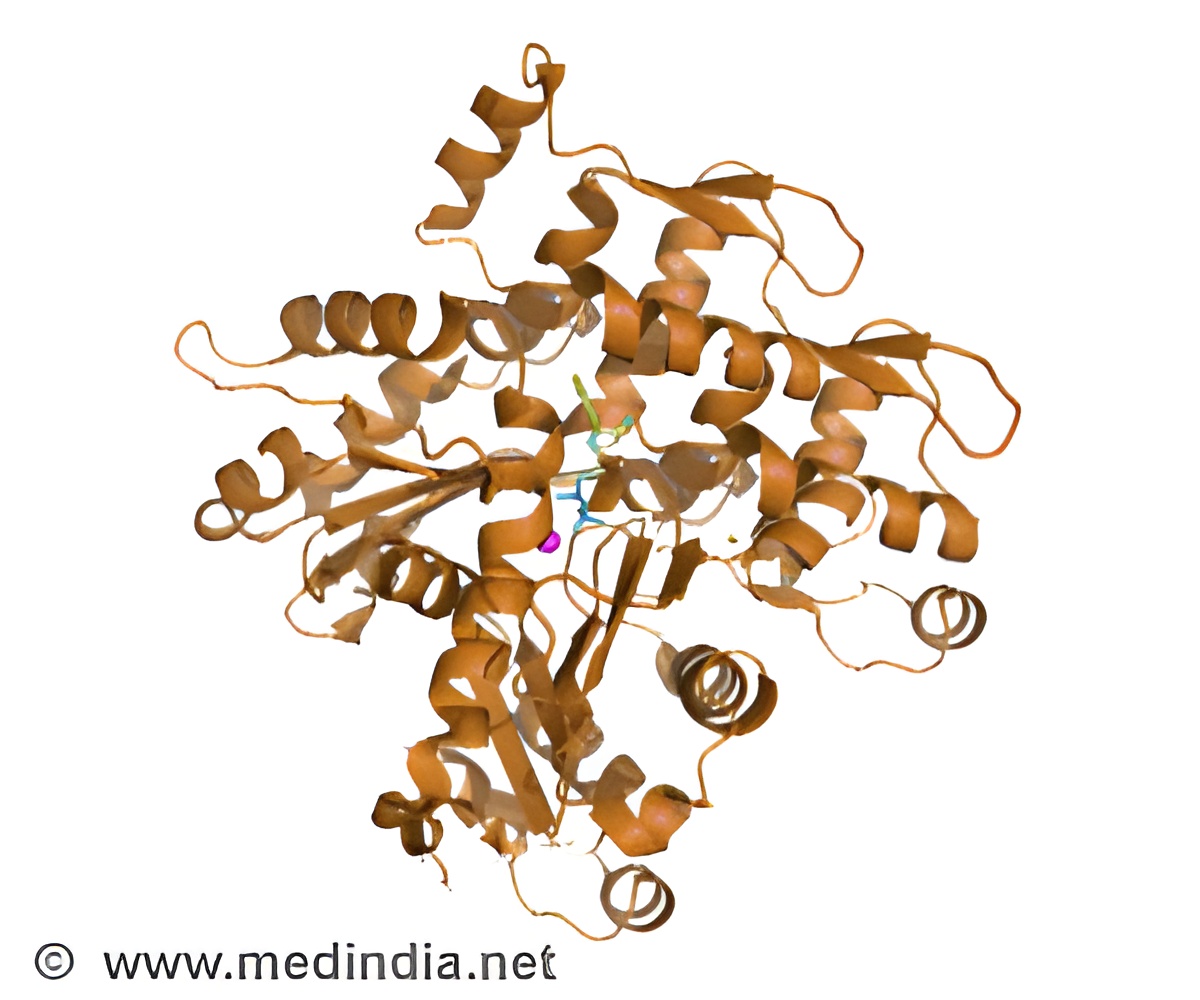Previous research has shown that when cannibals ate brains of people who died from prion disease, many of them fell ill.

A study published on April 3rd in PLOS Pathogens takes a close look at one exception to this rule: bank voles appear to lack a species barrier for prion transmission, and their universal susceptibility turns out to be both informative and useful for the development of strategies to prevent prion transmission.
Prions are misfolded, toxic versions of a protein called PrP, which in its normal form is present in all mammalian species that have been examined. Toxic prions are "infectious"; they can induce existing, properly folded PrP proteins to convert into the disease-associated prion form. Prion diseases are rare, but they share features with more common neurodegenerative diseases like Alzheimer's disease.
Trying to understand the unusual susceptibility of bank voles to prions from other species, Stanley Prusiner, Joel Watts, Kurt Giles and colleagues, from the University of California in San Francisco, USA, first tested whether the susceptibility is an intrinsic property of the voles' PrP, or whether other factors present in these rodents make them vulnerable.
The scientists introduced into mice the gene that codes for the normal bank vole prion protein, thereby generating mice that express bank vole PrP, but not mouse PrP. When these mice get older, some of them spontaneously develop neurologic illness, but in the younger ones the bank vole PrP is in its normal, benign folded state. The scientists then exposed young mice to toxic misfolded prions from 8 different species, including human, cattle, elk, sheep, and hamster.
They found that all of these foreign-species prions can cause prion disease in the transgenic mice, and that the disease develops often more rapidly than it does in bank voles. The latter is likely because the transgenic mice express higher levels of bank vole PrP than are naturally present in the voles.
Advertisement
Advertisement










